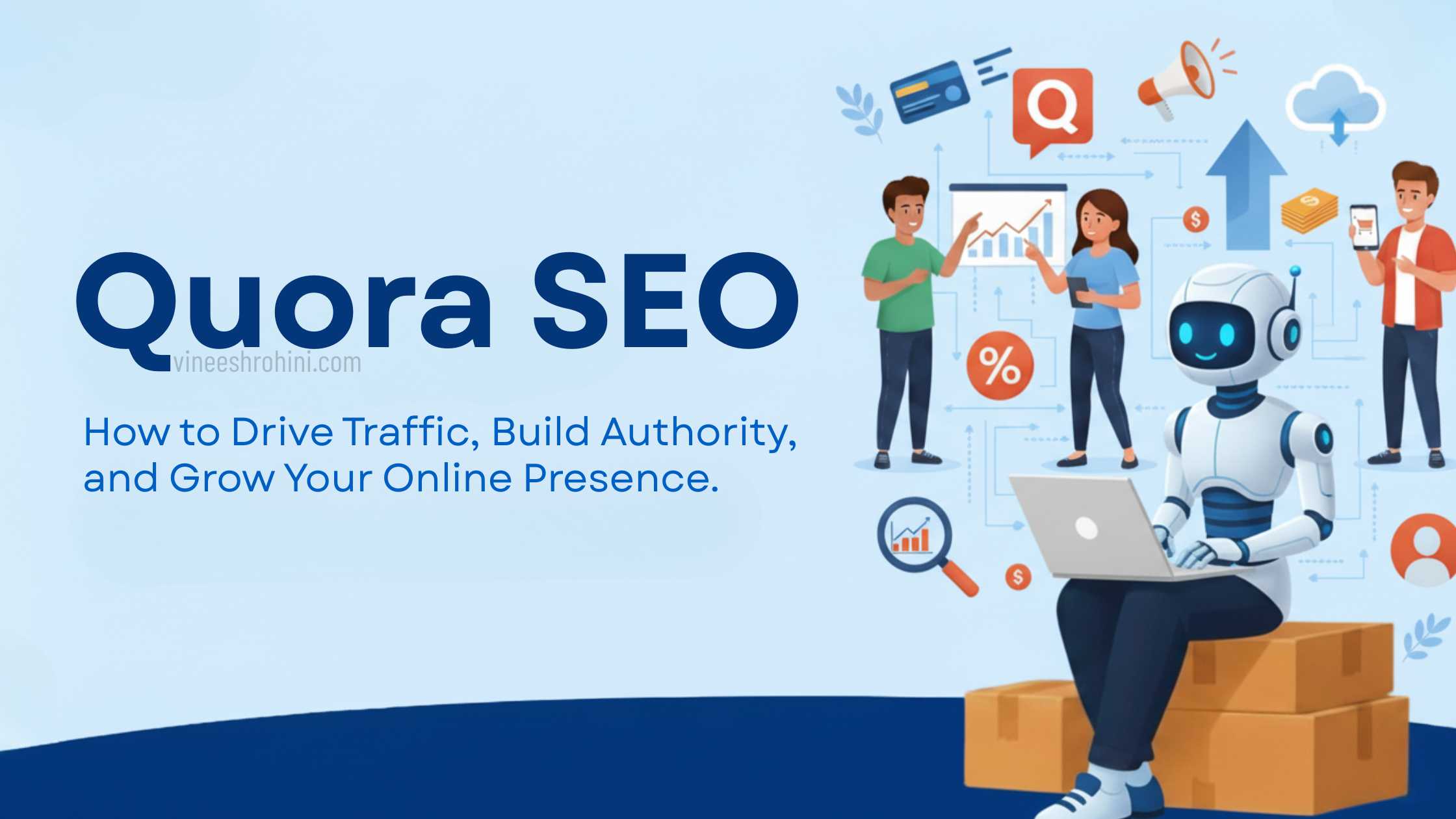Tips for Building Your Marketing Career – Comprehensive Guide 2025
Marketing Career : Marketing is one of the most dynamic, fast-paced, and rewarding career fields in today’s digital era. With businesses constantly looking for innovative ways to connect with customers, skilled marketers are in high demand across industries. However, building a successful marketing career requires more than just creativity — it demands a deep understanding of consumer behavior, technical skills, strategic thinking, and the ability to adapt to emerging trends.
Table of Contents
Whether you are a recent graduate stepping into the industry, a professional transitioning into marketing, or an experienced marketer looking to climb the ladder, this comprehensive guide will provide practical, actionable tips to help you grow in your marketing career while making a lasting impact in the field.
Understanding the Scope of Marketing Careers

Marketing today is a broad field encompassing various specializations, from traditional advertising and public relations to digital marketing, content creation, brand strategy, and market research. With the rise of e-commerce, artificial intelligence, and social media, the demand for marketing professionals with diverse skill sets has never been greater. Some popular career paths in marketing include:
- Digital Marketing Specialist – Focuses on SEO, SEM, PPC, social media marketing, and email marketing.
- Content Marketer – Creates engaging written, video, and visual content to attract and retain audiences.
- Brand Manager – Oversees brand positioning, market presence, and product promotions.
- Marketing Analyst – Uses data to assess performance and guide strategic decisions.
- Social Media Manager – Builds brand engagement and online communities.
- Product Marketer – Aligns product features with customer needs and manages product launches.
Also Read : Top 10 Best CMS Options for SEO in 2025 – A Comprehensive Guide to Ranking Higher
Knowing which path aligns with your skills and interests is the first step toward building a sustainable and rewarding marketing career.
1. Develop a Strong Foundation in Marketing Principles
Before diving deep into specialized areas, it’s essential to understand core marketing concepts such as the 4 Ps (Product, Price, Place, Promotion), market segmentation, consumer psychology, branding, and marketing communications. While digital tools and platforms may evolve rapidly, these fundamental principles remain the backbone of any marketing strategy. You can build this foundation through a marketing degree, online courses, books by industry experts, and hands-on internships.
2. Master Digital Marketing Skills
In 2025, having digital marketing skills is non-negotiable. Businesses are investing heavily in online marketing channels, and professionals who can leverage these tools have a competitive edge. Focus on learning:
- Search Engine Optimization (SEO) – Improving website rankings on search engines.
- Search Engine Marketing (SEM) and Pay-Per-Click (PPC) – Running targeted paid campaigns.
- Social Media Marketing – Managing campaigns across platforms like Insta, LinkedIn, FB.
- Email Marketing – Building relationships and generating leads through email campaigns.
- Analytics – Using tools like Google Analytics, SEMrush, and HubSpot to measure performance.
Certifications from platforms like Google, HubSpot, and Meta can strengthen your credibility in the job market.
3. Build a Personal Brand

In a competitive industry, your personal brand is your professional identity. Employers and clients are more likely to trust marketers who actively demonstrate their expertise. Start by creating a strong LinkedIn profile, publishing insightful articles on marketing trends, and engaging in industry discussions. Share your projects, case studies, and campaign results to showcase your skills. Over time, your personal brand will help you attract better career opportunities and collaborations.
4. Gain Hands-On Experience
Practical experience is one of the most valuable assets in marketing. Internships, freelance projects, and volunteer work for non-profits can give you real-world exposure to marketing campaigns, client communication, and performance tracking. Even if you are still learning, you can work on side projects like managing social media for small businesses, running personal blogs, or creating mock campaigns to build your portfolio.
5. Stay Updated with Industry Trends
The marketing industry changes rapidly, driven by technology, consumer preferences, and competitive innovation. To stay ahead, follow marketing blogs, listen to podcasts, attend webinars, and join professional communities. Keep an eye on emerging tools like AI-driven marketing platforms, voice search optimization, and immersive advertising via AR/VR. Staying current will help you adapt your strategies and remain relevant in the industry.
6. Improve Communication and Storytelling Skills
At its core, marketing is about telling compelling stories that connect with audiences. Whether you are creating an ad campaign or presenting a marketing strategy to a client, strong communication skills are vital. Work on writing engaging copy, delivering persuasive presentations, and simplifying complex ideas for different audiences. Storytelling techniques can make your campaigns more memorable and impactful.
7. Develop Analytical Thinking
Modern marketing is as much about numbers as it is about creativity. Data-driven decision-making is essential for measuring ROI, identifying trends, and optimizing campaigns. Learn how to interpret analytics reports, segment audiences, and measure key performance indicators (KPIs). Tools like Google Analytics, Power BI, and Tableau can help you turn data into actionable insights.
8. Network Strategically
Networking opens doors to career opportunities, collaborations, and industry knowledge. Attend marketing conferences, participate in LinkedIn groups, and connect with industry leaders. Networking doesn’t just mean asking for jobs — it’s about building genuine relationships that can lead to mentorship, partnerships, and learning experiences.
9. Seek Mentorship
A mentor who has walked the path you aspire to can provide invaluable guidance. Mentors can help you navigate challenges, refine your career goals, and introduce you to professional networks. You can find mentors through workplace connections, industry events, or online communities dedicated to marketing professionals.
10. Embrace Continuous Learning
Marketing is not a “learn once and apply forever” career. Every year brings new tools, trends, and technologies. Dedicate time each month to upskilling through courses, books, and practice. Platforms like Coursera, Udemy, and LinkedIn Learning offer affordable, industry-relevant courses that can help you stay ahead.
11. Specialize Without Losing Versatility
While being a generalist can open more doors early in your career, specialization helps you stand out in the long run. Whether you choose influencer marketing, performance marketing, content strategy, or analytics, becoming an expert in one area can make you the go-to professional in that niche. However, keep your foundational knowledge broad enough to understand how different marketing functions connect.
12. Be Resilient and Results-Oriented
Marketing campaigns don’t always deliver the expected results. Some ideas fail despite careful planning. Resilience is essential to bounce back from setbacks, learn from mistakes, and improve your strategies. At the same time, being results-oriented ensures that your efforts align with business objectives and deliver measurable outcomes.
13. Work on Cross-Functional Skills
Marketers often collaborate with sales teams, product managers, designers, and developers. Understanding the basics of sales processes, design principles, and user experience (UX) can make you a more effective team player. This cross-functional knowledge can also open up leadership roles in the future.
Buy Now : SEO Mastery Detailed Course
14. Maintain a Growth Mindset
A growth mindset allows you to see challenges as opportunities for improvement. Instead of fearing change, embrace it. Learn from competitors, seek constructive criticism, and celebrate progress. This mindset will keep you motivated and adaptable throughout your career.
15. Measure Your Career Progress
Just like marketing campaigns, careers benefit from regular evaluations. Set clear professional goals — whether it’s earning a promotion, mastering a skill, or leading a major campaign — and track your progress. This helps you stay focused and make strategic moves toward long-term success.
Conclusion

Building a successful marketing career is a journey that combines creativity, strategy, technical skills, and adaptability. By mastering the fundamentals, staying updated with industry trends, networking strategically, and embracing continuous learning, you can position yourself as a sought-after marketing professional. The more effort you put into honing your skills and expanding your professional network, the greater your career growth potential will be in the fast-changing world of marketing.
Disclaimer: The information in this article is for educational purposes only and does not constitute professional career advice. Readers should assess their own circumstances before making decisions.
Keywords : Marketing Career – Marketing Career 2025



